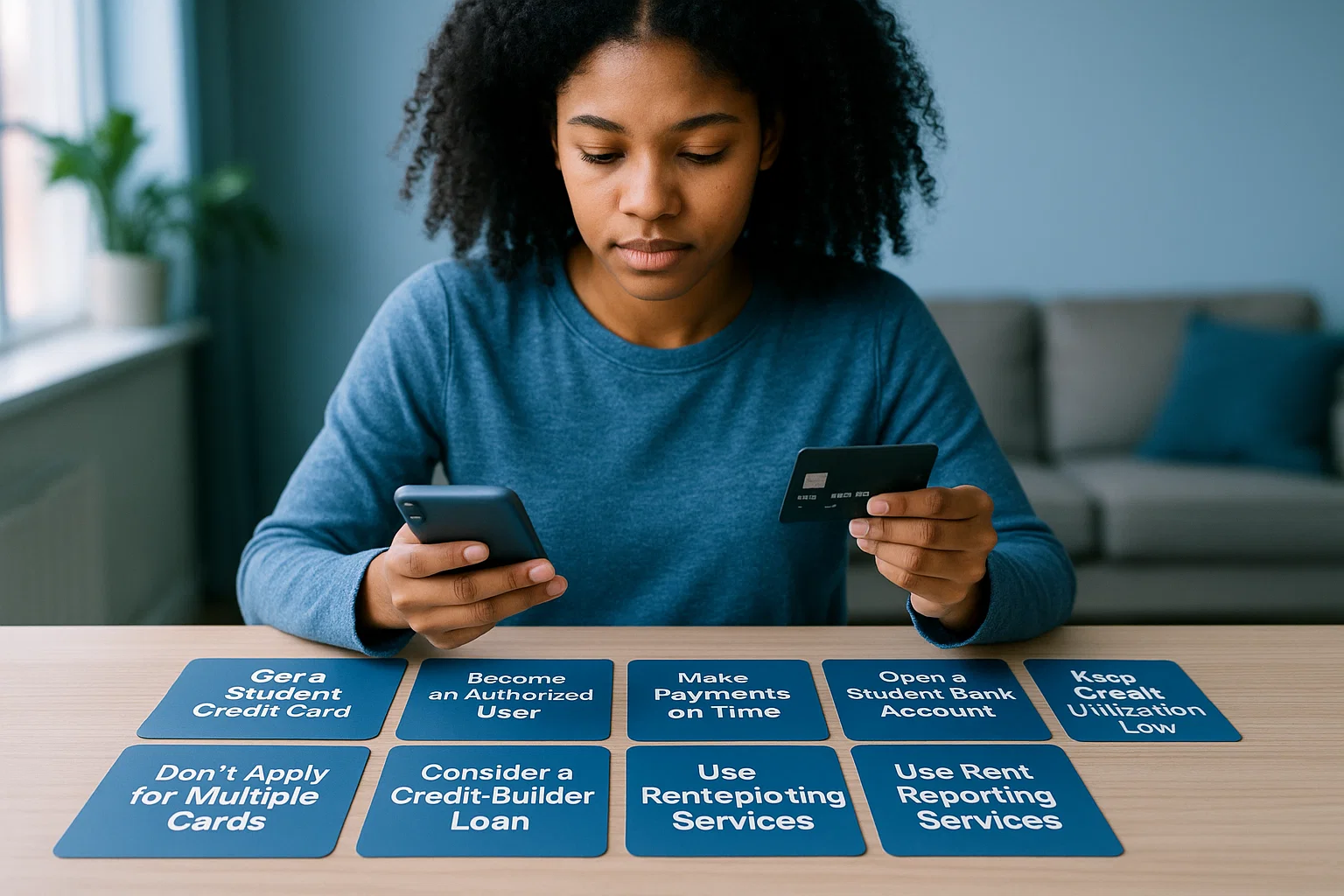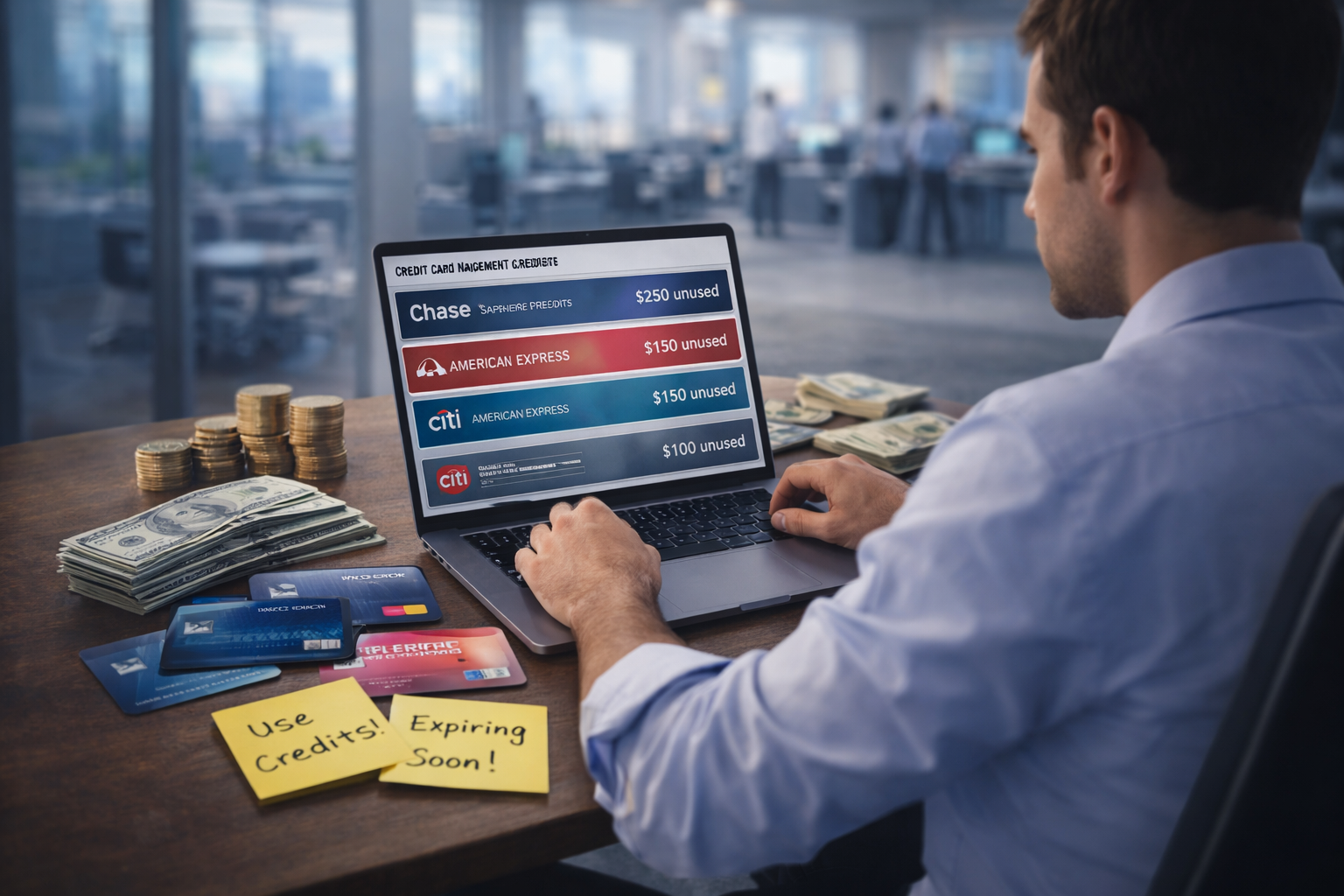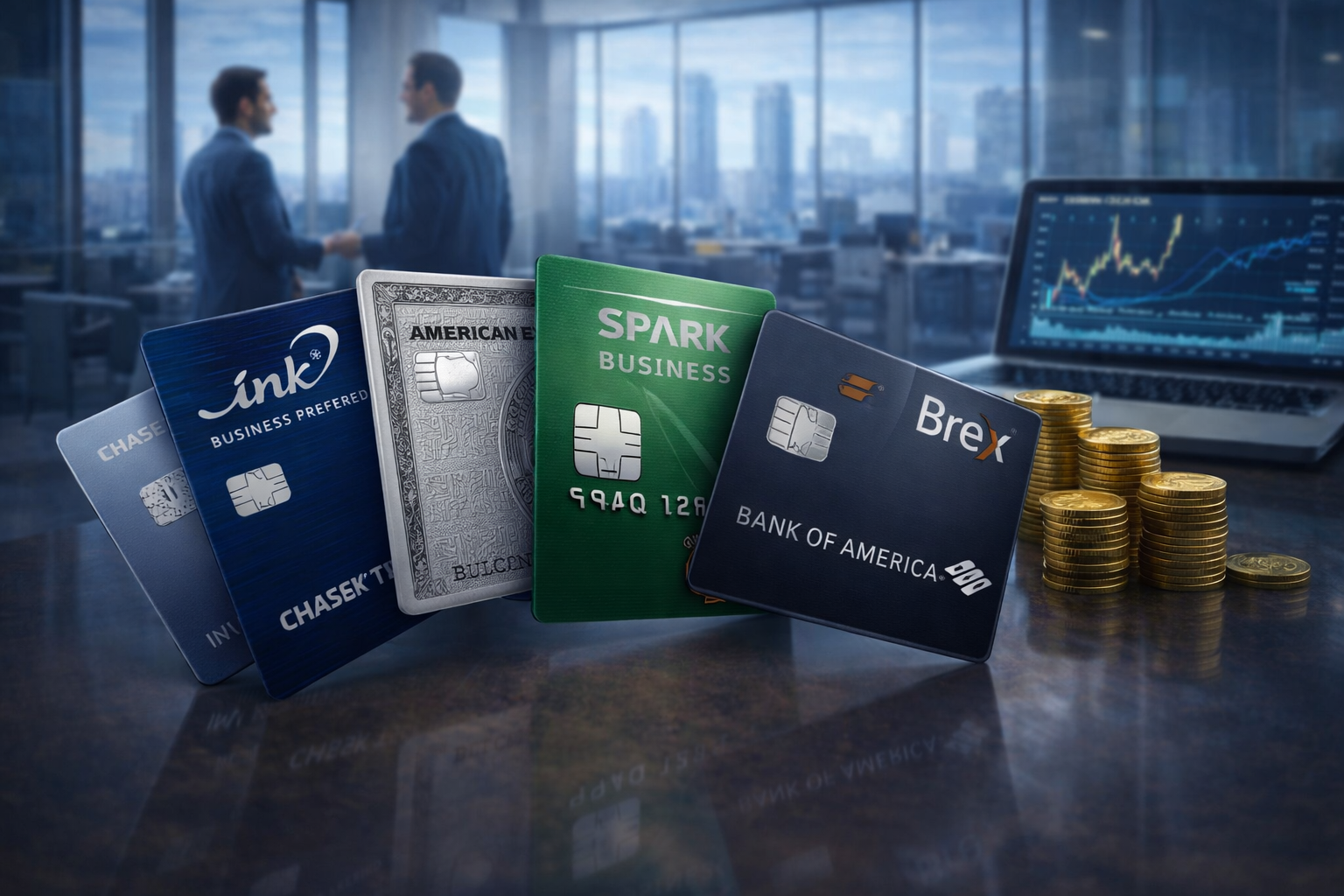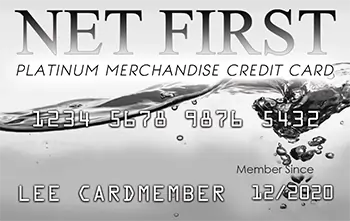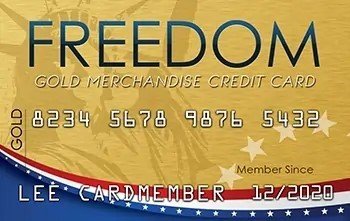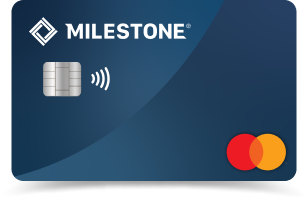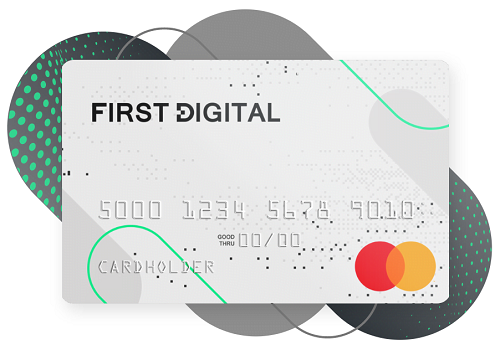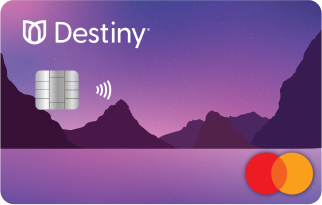If you’re a student with little to no credit history, you’re not alone. Building credit might seem complicated—but the truth is, you can start today with just a few simple steps. Whether you’re trying to qualify for your first apartment, get better loan rates, or open a rewards credit card, strong credit is your key to financial freedom.
Here are 9 proven strategies to build your credit quickly and responsibly as a student in 2025.
Open a Student or Secured Credit Card
This is one of the easiest and fastest ways to begin your credit journey. Student credit cards are designed specifically for young adults with limited credit history. Secured credit cards, meanwhile, require a refundable deposit but offer high approval odds—even with no score.
Top picks:
- Discover it® Student Cash Back
- Capital One Quicksilver Secured
- OpenSky® Secured Visa® (no credit check)
👉 Check out our Best Credit Cards for Students with Bad Credit
Become an Authorized User on a Parent’s Personal Credit Card
Ask a parent or trusted adult if you can be added as an authorized user on their existing credit card. You don’t even need to use the card—in many cases, the account’s history will appear on your credit report and help you build a positive profile fast. Although it is recommended to use the card on your own to get the feeling of using and paying back a credit card on your own.
📌 Pro Tip: Make sure the card reports to all three bureaus and has a solid payment history.
Pay On Time, Every Time
Your payment history makes up 35% of your FICO score—the largest single factor. That’s why paying your credit card bill (or student loan, if you have one) on time every month is the #1 rule of credit-building.
Set up autopay, text alerts, or calendar reminders. Even one missed payment can hurt.
Keep Credit Utilization Low
Using too much of your available credit can lower your score—even if you pay it all off at the end of the month. Aim to use less than 30% of your credit limit. If your limit is $500, try not to carry more than a $150 balance.
⏱ Bonus tip: Pay your balance before the statement closes to lower reported utilization.
Take Out a Credit Builder Loan
These small loans are designed to help people with no credit establish a positive payment history. You “repay” a loan held in a savings account, and once it’s paid off, the money is yours.
Where to find them:
- Self (credit-building app)
- Local credit unions
- Online lenders
Report Your Rent and Utility Payments
Normally, rent and utility payments don’t help your credit score. But with services like Experian Boost, RentReporters, or LevelCredit, you can add them to your credit file.
Once Your credit is a little better you can use the Bilt Mastercard
🏠 Especially useful if you’re renting while in college.
Monitor Your Credit for Free
Stay in control by watching your score and understanding what’s helping or hurting it.
Tools to try:
You’re entitled to one free report each year from each credit bureau at AnnualCreditReport.com.
Ask for a Credit Line Increase
Once you’ve had a credit card for 6+ months and made consistent on-time payments, consider requesting a higher credit limit.
A larger limit lowers your credit utilization ratio, which can increase your score—without needing another card.
Use Credit-Building Apps
Apps like Self, Grow Credit, and Kikoff are built to help you establish and grow your credit profile over time.
They may report small recurring payments to credit bureaus and can be great if you’re just starting out and don’t want to risk using a credit card.
Frequently Asked Questions
Can I build credit with no job?
Yes. As long as you have a source of income (even part-time or allowance) and make payments on time, you can build credit with a secured card, credit builder loan, or by becoming an authorized user.
How long does it take to get a 700 credit score?
If you’re starting from scratch and manage your credit well (on-time payments, low utilization), you can reach 700 in 12–18 months.
Do student loans affect credit?
Yes. Student loans are installment loans and impact your credit history, length of credit, and payment history—positively if paid on time.
Can I build credit at 17 or 18?
Yes! At 18, you can legally open a credit card in your name (with income). At 16 or 17, becoming an authorized user is a great way to begin.
Final Thoughts: Start Small, Grow Big
Building credit as a student doesn’t require fancy tricks—it just takes smart habits. Use the tools available to you, keep your balances low, and always pay on time. The sooner you start, the faster you’ll unlock better financial opportunities.
Ready to Start?
Find the perfect card to begin your credit journey
Compare the Best Student Credit Cards for 2025


